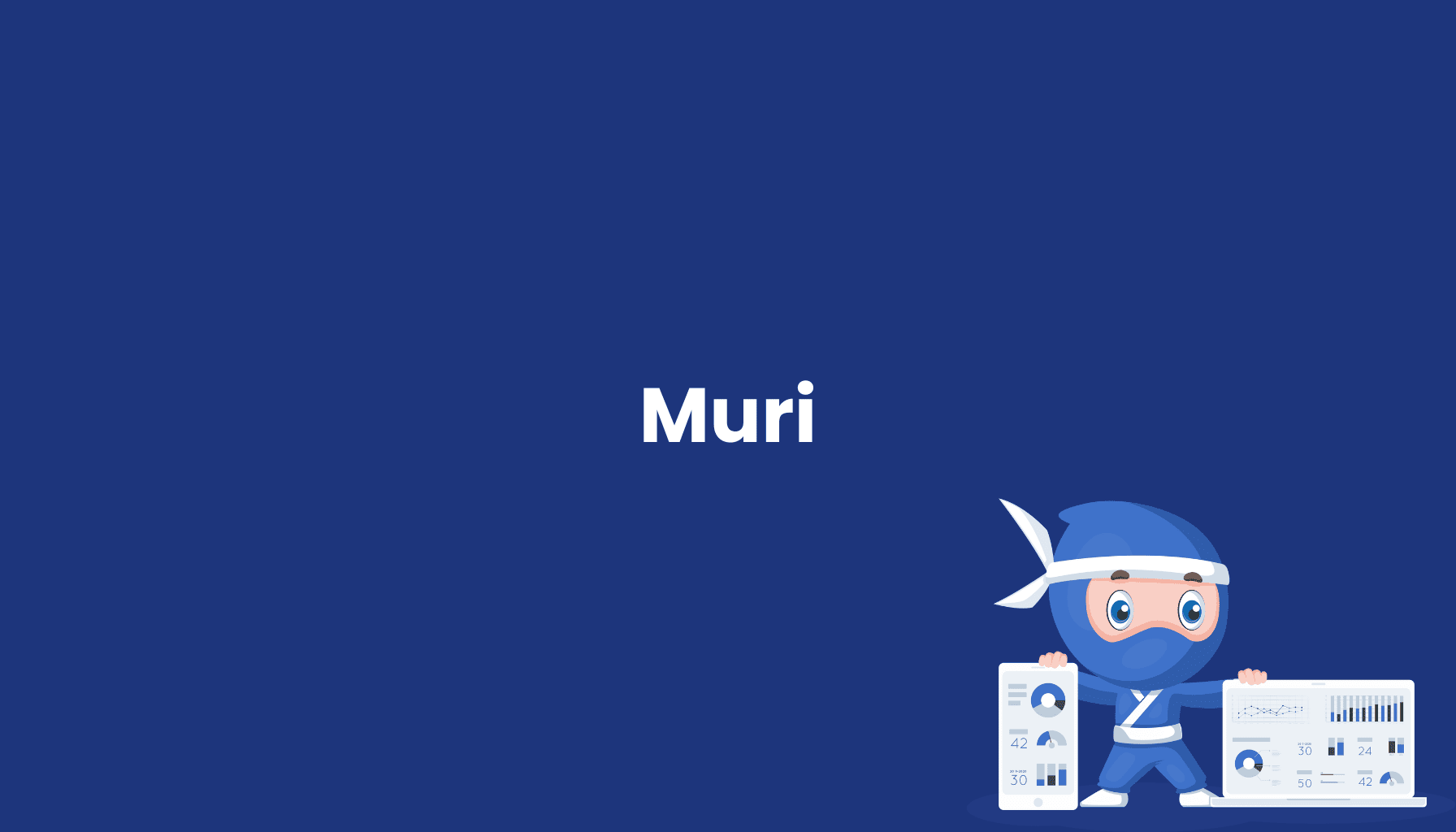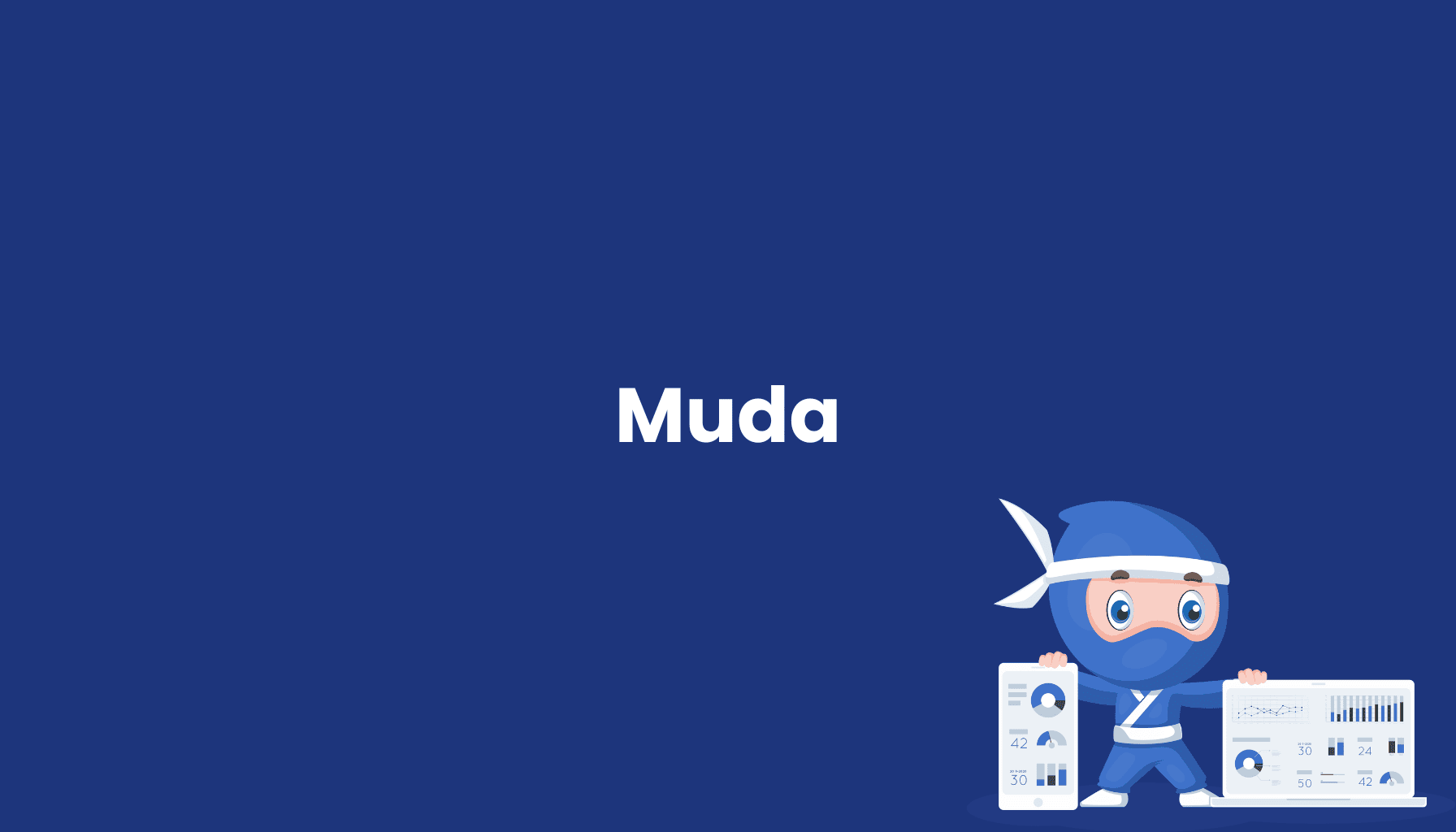Muri

What is Muri?
Muri is a term from Lean Management that refers to the overburdening of people, machines, or processes. It describes situations where resources are pushed beyond their capacity, leading to a decline in quality, increased error rates, and a higher risk of breakdowns. Muri is one of the three types of waste, alongside Muda (waste) and Mura (irregularities).
The Importance of Muri in Lean Management
In Lean Management, reducing Muri is crucial for creating an efficient and stable production environment. Overburdening can lead to physical and mental exhaustion among employees, increasing the likelihood of mistakes and decreasing productivity. Additionally, overuse of machinery results in greater wear and tear, leading to more frequent breakdowns.
Strategies to Reduce Muri
Companies use various strategies to prevent Muri, including:
- Process Optimization: Reviewing and adjusting processes to evenly distribute workloads.
- Capacity Planning: Ensuring that workloads align with the available resources.
- Employee Training: Educating staff on more efficient use of machinery and processes.
Benefits of Reducing Muri
Reducing Muri offers several advantages, such as:
- Improved Working Conditions: Less stress and physical strain on employees.
- Process Stability: Fewer machine breakdowns due to optimized usage cycles.
- Higher Quality: Reduced errors and rework through stable production processes.
Reducing Muri is therefore a key aspect of Lean Management, contributing to long-term efficiency and sustainable working conditions.




